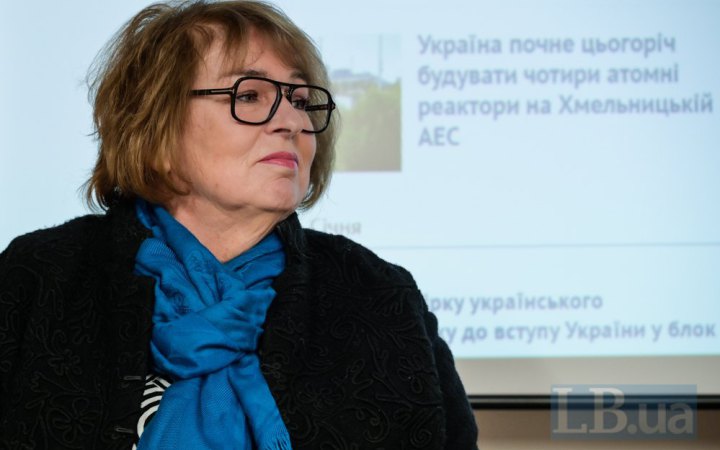The gender and age structure of the population is unknown today
Currently, there is no information on the gender and age structure of the population in Ukraine, so any opinion polls should be treated with caution in terms of how representative they are, the professor says.
"We have no idea about the current gender and age structure of the population in Ukraine today. We simply do not know. I don't know, our institute doesn't know, the State Statistics Service doesn't know. Nobody knows. Just take my word for it. We estimate the population more or less accurately, but not the gender and age structure. If we don't know the gender and age composition, it is extremely difficult, if not impossible, to ensure that the sample is representative.
If we cannot ensure the representativeness of the sample, then we must at least supplement these quantitative methods with so-called qualitative ones. These are focus groups, in-depth interviews, expert assessments, etc.," Libanova said.
Is there a risk of a split in society's attitude to the war?
The director of the Institute of Demography and Social Studies sees no signs of a split in society between those who are ready to call for an end to the war with Russia on any terms and those who will fight to the end.
"Yes, we are tired of the war, and that's normal. And, for example, Kharkiv residents are much more tired than we are here [in Kyiv], simply because they are being shelled so much. When I see our colleagues from the Academy of Sciences working there, I don't understand how [they are coping]. How could they drag all these instruments into the basement and work there? But they do. I don't see any fatigue from the war in the sense that we will agree to any terms. Do what you want with me, but I don't see it," the sociologist said.
Is the country moving in the right direction?
Before the war, Ukrainians, apart from very few isolated polls, believed that the country was moving in the wrong direction. Since the beginning of the full-scale invasion, Libanova noted that, there has not been a single case like this, according to the monitoring by the Rating group.
"The Rating Group monitors the situation in dynamics, so at least it can be trusted. Thus, the difference between those who believe that we are moving in the right direction and those who believe that we are moving in the wrong direction has decreased (61% vs. 23% in September - Ed.). This is true. Well, how could it not decrease in 23 years? How could it not? But it's still the difference we need. This is a wonderful result," the sociologist suggested.
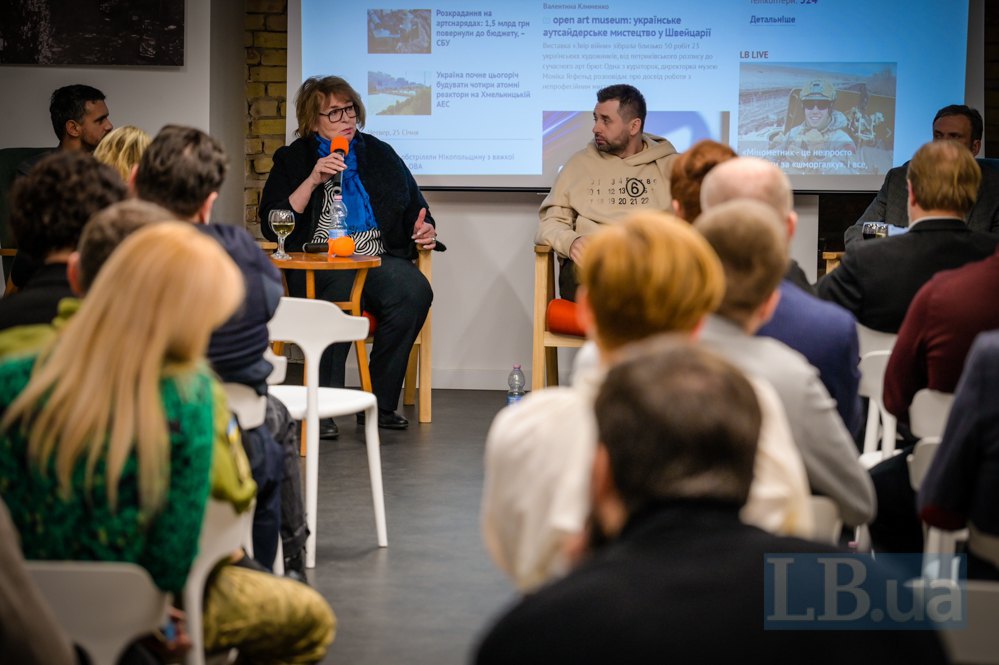
Society against elections during war
"You do what you want in your Verkhovna Rada," Ella Libanova said to Davyd Arakhamiya and Oleksandr Kornienko, who were sitting next to her. "But people, 80%, said we don't need any elections. We are not worried that Russia will talk about the illegitimacy of our president."
Ukraine is losing the information war to Russia, but no democratic state, she is sure, would say that under the current circumstances our parliament or president are illegitimate.
Ukraine is facing depopulation: there will not be 40 million anymore or these will not be Ukrainians
According to the director of the Institute for Demography and Social Studies, the government should honestly explain to society that the country is facing depopulation today. And this is a problem that can become a challenge.
"There will not be 40 million of us. There won't be 52, like on 1 January 1993. Let's forget about it. Can we reach 40 million people? Yes, we can. But only through massive immigration. Is everyone ready for this? That people will come to us, massively, with a completely different culture, a different religion, a different way of life? I don't know. I am not sure that our population is ready for this," Libanova said.
Is Ukraine friendly to immigrants?
Ukrainians are not xenophobic - this is shown by the data of pre-war sociological studies (none has been done since). But they are also not very tolerant, as they have never lived in a multi-ethnic environment, the sociologist warned.
"Before the war, there was a monitoring conducted by the Institute of Sociology of the Academy of Sciences, so there is someone to confirm my words. The question there was: are you inclined to perceive people (there is a huge list of nations and ethnicities) as a family member, neighbour, colleague, etc? Are you ready to accept them or not? So we are not xenophobes, but we are not too tolerant either.
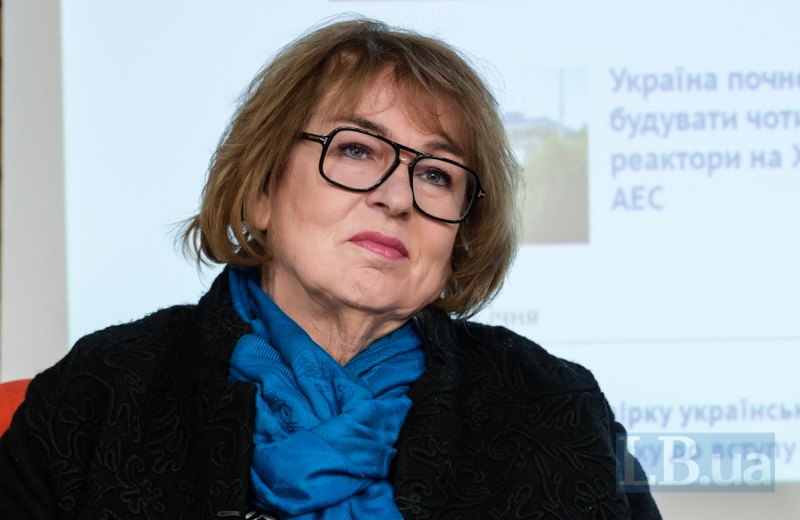
For example, in Ukraine, before the war, we were ready to accept two ethnic groups - Ukrainians and foreign Ukrainians.
But we are not intolerant because we were born that way. We have simply never lived in a multiethnic environment. If our children from kindergarten lived in such an environment, everything would be different. But today we are proceeding from what we have," Libanova explained.
She reiterated that as far as 40 million people are concerned, we need to explain to people that these will not be just Ukrainians.
"I mean a Ukrainian political nation, not an ethnic one. I don't want anyone to accuse me of nationalism now," she added.
Will Ukrainian refugees return and how many?
According to the sociologist, all 6 million Ukrainians who left after the full-scale invasion (together with labour migrants who left earlier, this is almost 9 million) will not return.
"I understood this even in the first months of the war, when they were interviewed right at the border. A total of 90% said they would return at any cost. But this does not happen. It just doesn't happen.
Whatever the results of the survey are put on my desk, I understand that this cannot be. My dream is that half of them will return. If half of them return, it will be great," she said.
She drew an example of the war in the Balkans. There, a third of the population returned, so half would be a very good figure for us, Libanova added.
"If we think that European countries will start massively displacing Ukrainians, they will not. They are good people, they won't. They are very interested in such a workforce.
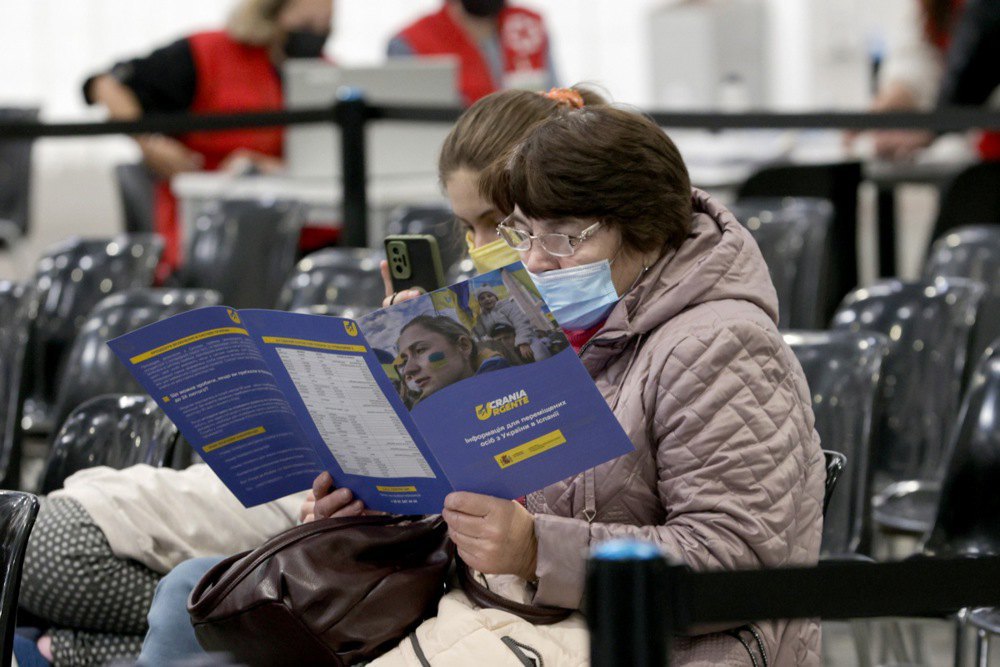
According to both German and Polish researchers, 70% of our women who have left have higher education. Think about it, 70%. The doctors who went there work, for example, as nurses. But what qualifications do these nurses have? So, will the ageing Europe expel our people to its detriment? No, it won't.
Please tell me why the Germans make language learning a condition for receiving aid? It costs a lot of money and time. But they do it anyway. You can't help but understand where this is going. Why am I of such a bad opinion of the process when our migrants move from Poland to Germany in the first place? Because the likelihood that a person will return from Poland is higher than from Germany. When they have already arrived in Germany, found a job there, their child is studying at school, kindergarten or university, and everything is destroyed here, it is difficult for them to return. And every day of the war means fewer people return. They are adapting there, while the amount of destruction is increasing here," Libanova said.
Is a baby boom possible in Ukraine?
"Can we count on a baby boom? No, we can't. There will be no baby boom. If there is a baby boom after the war, and I would like that, I will eat my two doctoral theses. I'm honest. I'll eat two diplomas."
A new social contract. Is it possible in times of war?
The idea of a new social contract is a good one, Libanova believes, but it is unlikely to be possible while the war is ongoing.
"I am afraid that during the war it will be very difficult to formulate it. No-one knows when the war will end. This is true. And as long as the Russians do not want to negotiate, we can draw anything we want. So, I would say this: today we have to prepare society for a new social contract, we have to formulate the main ideas. But this cannot be the final version," she said.
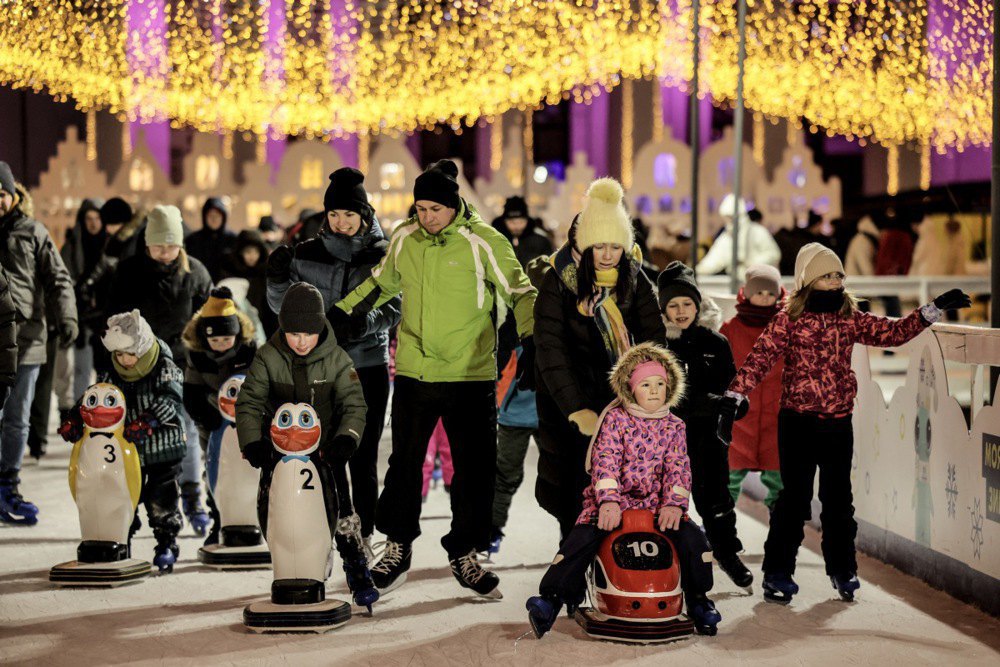
Demographic development strategy: family support, migration growth and changing attitudes towards ageing
According to Libanova, an interdepartmental group involving scientists, analysts, and doctors has developed a Demographic Development Strategy until 2040. It will be discussed by the public, then it will go to ministries and departments, and will obviously undergo changes. But today the document has five strategic goals, some of which are:
- Increasing the birth rate and supporting families
"I said that there would be no baby boom, but it's not possible at the level we are at now. This is something that needs to be done and prepared for," says the sociologist.
- Reduced premature mortality, especially among men
"Some 40% of our 16-year-old boys do not live to retirement age. 40%! For comparison, among women it is about 18%. There is a difference. We need to do something about it," Libanova adds.
- Migration growth
- Adapting society to an ageing population.
"No matter what we do, the proportion of older people will increase. And we need to prepare for this. On the one hand, we need to provide them with the opportunity to live actively and for a long time, to encourage them to do so, so that they understand that they need it and what is required for this.
On the other hand, we need to educate the society so that it eventually stops thinking that pensioners are a mere ballast. And in general, if there were no pensioners, everything would be great," she summed up.









